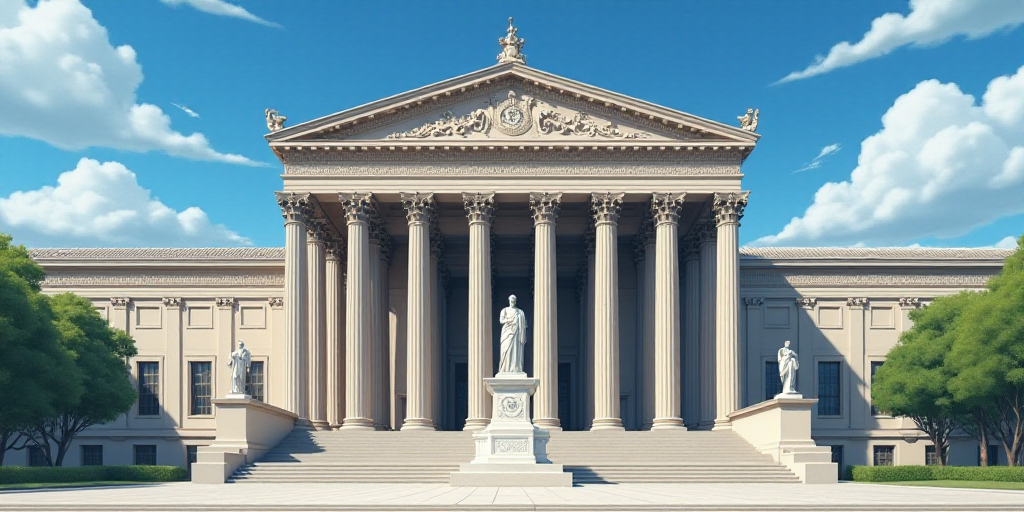Background on the 18th-Century Alien Enemy Act
The Alien Enemies Act of 1798, invoked by President Donald Trump, has been historically used only during the 1812 war against Britain and its Canadian colonies, as well as during the two World Wars of the 20th century. The Supreme Court’s recent decision marks the first time this law has been applied in modern deportation cases.
Trump’s Accusations and Deportation Efforts
During his presidential campaign, Donald Trump pledged to deport millions of undocumented immigrants. He accused Venezuela of “perpetrating an invasion” of the United States through alleged members of the Tren de Aragua gang. Trump’s administration targeted Venezuelans with deportation, claiming they were criminals and using their tattoos as evidence.
Supreme Court’s Intervention
The Supreme Court ruled that anyone facing deportation under the 18th-century law must have the opportunity to judicially challenge their expulsion. In response to an emergency appeal by civil rights organizations, the Court halted the deportation of several Venezuelans from Texas to a high-security prison in El Salvador.
Case of Kilmar Ábrego García
The Supreme Court also ordered the Trump administration to “facilitate” the return of a Salvadoran man, Kilmar Ábrego García, who was wrongfully deported in March and imprisoned in a prison in his home country under the same 18th-century law.
Ábrego García had protected legal status since 2019, as a judge ruled he should not be deported due to potential danger in his home country. Despite this, he was detained by President Nayib Bukele on March 16 and placed in the Cecot prison, which holds 40,000 inmates and is considered the largest prison in Latin America.
The Trump administration acknowledged an “administrative error” but argued it could not rectify the situation as Ábrego García was already detained in El Salvador. Stephen Miller, Trump’s top advisor on immigration, dismissed the case as “media deception.”
Conditions in El Salvador’s Cecot Prison
Deportees to El Salvador face harsh conditions in the Cecot prison, located southeast of San Salvador. Prisoners are held in overcrowded cells without windows, sleep on metal beds without mattresses, and are unable to receive visitors.
Key Questions and Answers
- What is the Alien Enemies Act of 1798? It’s a law that has historically been used sparingly, primarily during wartime, to detain and deport non-citizens deemed a threat. Recently, it was invoked by President Trump to target Venezuelans.
- Why did the Supreme Court intervene? The Court halted deportations to ensure that individuals facing expulsion under this centuries-old law had the opportunity to challenge their cases in court.
- Who is Kilmar Ábrego García, and why is his case significant? Ábrego García is a Salvadoran man who was wrongfully deported and imprisoned under the Alien Enemies Act. His case highlights the potential for administrative errors and the harsh conditions faced by deportees.
- What are the conditions like in El Salvador’s Cecot prison? Prisoners in Cecot are held in overcrowded cells without windows, sleep on metal beds without mattresses, and are unable to receive visitors.






